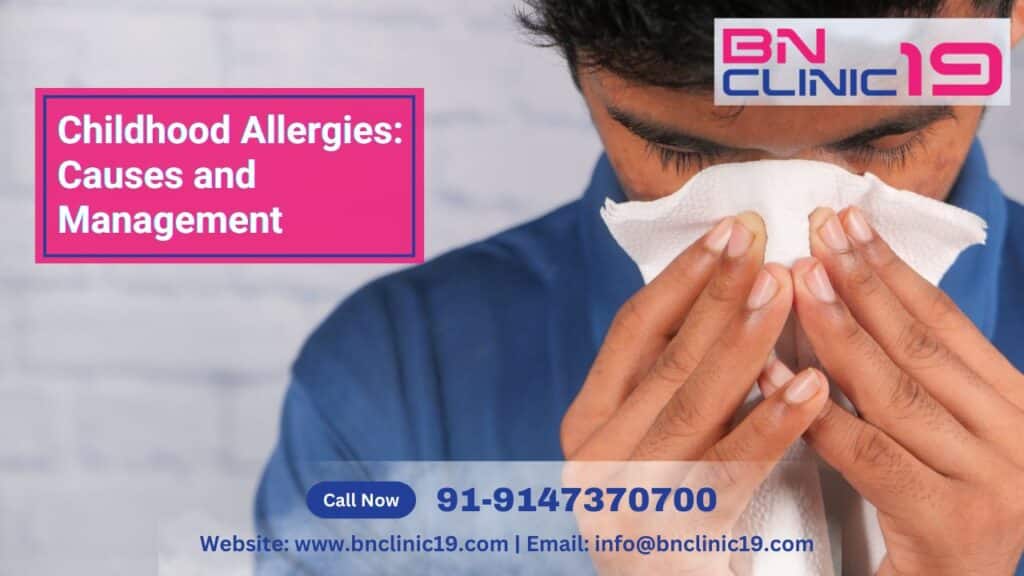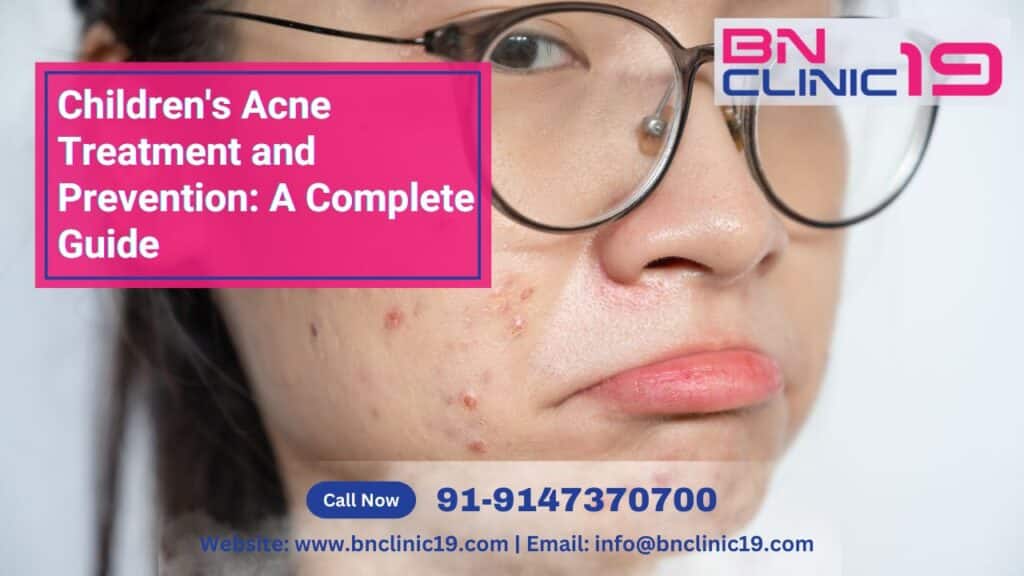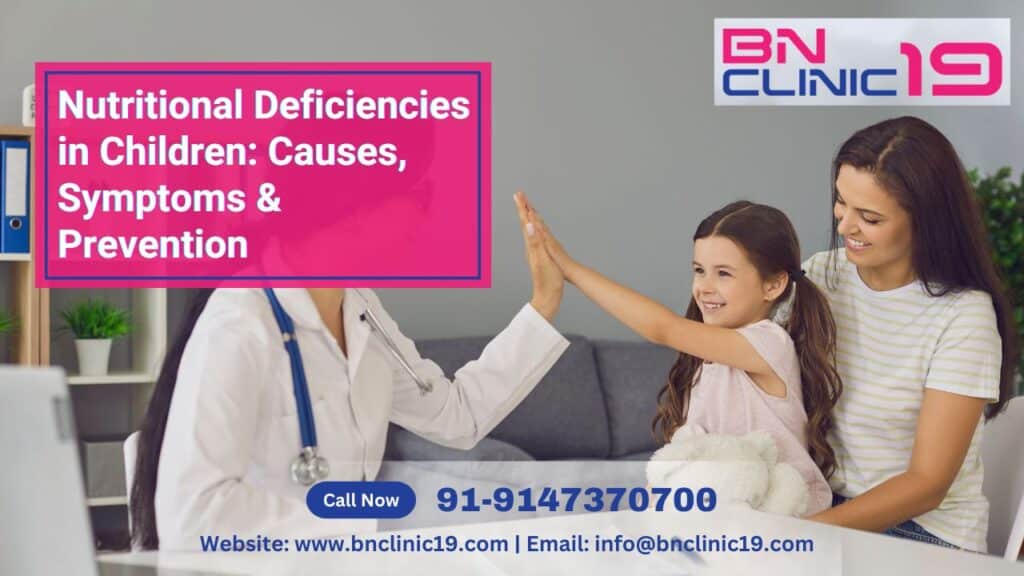New-born Care Essentials: A Complete Guide for New Parents
New-born Care Essentials: A Complete Guide for New Parents Welcoming a new-born is an exciting yet overwhelming experience for new parents. The first few months are crucial for ensuring the baby’s growth, immunity, and overall well-being. Proper care, feeding, hygiene, sleep routines, and regular health check-ups help in building a strong foundation for a healthy and happy baby. In this comprehensive guide, we will cover all new-born care essentials, including feeding practices, sleep habits, hygiene, health monitoring, and safety measures to help parents confidently care for their new-borns. 1. Feeding Your New-born: Breastfeeding vs. Formula Feeding Breastfeeding: Best for Your Baby Breast milk is the most nutritious and natural food for new-borns. It provides essential antibodies, vitamins, and minerals to boost the baby’s immunity and development. ✔️ Feed the baby every 2-3 hours (at least 8-12 times a day). ✔️ Ensure a proper latch to prevent nipple soreness and ensure effective milk transfer. ✔️ Drink plenty of water and maintain a nutrient-rich diet to support milk production. ✔️ Monitor if the baby is getting enough milk (at least 6-8 wet diapers daily). Formula Feeding: An Alternative Option Some mothers may face challenges in breastfeeding due to medical or personal reasons. Formula feeding is a safe and nutritionally balanced alternative. ✔️ Use only paediatrician-recommended infant formula. ✔️ Maintain hygiene by sterilizing bottles after each use. ✔️ Follow the correct formula-to-water ratio for proper digestion. 💡 Tip: Whether breastfeeding or formula feeding, always burp your baby after feeding to reduce gas and discomfort. 2. New-born Sleep Patterns & Safe Sleep Practices New-borns sleep 16-18 hours a day, usually in short intervals. Creating a safe and comfortable sleep environment is essential for their well-being. ✔️ Always place the baby on their back to sleep to reduce the risk of Sudden Infant Death Syndrome (SIDS). ✔️ Use a firm mattress in a crib or bassinet without pillows, blankets, or stuffed toys. ✔️ Avoid co-sleeping in the same bed; instead, keep the baby’s crib next to your bed. ✔️ Follow a gentle bedtime routine (dim lights, soft lullabies, or rocking). 💡 Tip: If the baby is fussy and restless, ensure they are well-fed, burped, and comfortable before bedtime. 3. Hygiene & Diapering: Keeping Your Baby Clean & Comfortable Bathing Your New-born New-borns do not need daily baths. Sponge baths are recommended until the umbilical cord stump falls off. ✔️ Use lukewarm water and a mild, fragrance-free baby cleanser. ✔️ Keep bath time short (5-10 minutes). ✔️ Gently clean behind the ears, neck folds, and diaper area. ✔️ Moisturize the baby’s skin with hypoallergenic baby lotion. Diaper Changing & Skin Care ✔️ Change diapers every 2-3 hours to prevent diaper rash. ✔️ Use fragrance-free baby wipes or warm water with cotton pads. ✔️ Apply diaper rash cream if redness occurs. ✔️ Give some diaper-free time daily to allow the skin to breathe. 💡 Tip: If the baby develops a persistent rash, consult a paediatrician for treatment. 4. Baby’s Health & Vaccination Schedule A new-born’s immune system is still developing, so routine check-ups and vaccinations are vital for preventing diseases. ✔️ Schedule your baby’s first paediatrician visit within a week of birth. ✔️ Follow the recommended immunization schedule for vaccines like BCG, Hepatitis B, Polio, DPT, and MMR. ✔️ Monitor for signs of jaundice, fever, or feeding difficulties, and seek medical advice if needed. ✔️ Track growth milestones (head control, grasping, smiling, and cooing). 📢 Tip: Keep a record of all vaccinations and discuss any concerns with your paediatrician in Kolkata. 5. New-born Safety: Precautions Every Parent Should Take Handling Your Baby ✔️ Always support the baby’s head and neck when carrying them. ✔️ Avoid shaking or tossing the baby to prevent brain injuries. ✔️ Be gentle during diaper changes, dressing, and tummy time. Safe Travel & Car Seat Safety ✔️ Always use a rear-facing infant car seat when traveling. ✔️ Ensure the car seat is securely installed in the back seat. ✔️ Never leave the baby alone in a car, bed, or changing table. 🚼 Tip: Keep sharp objects, choking hazards, and toxic substances out of reach. 6. Bonding & Early Development ✔️ Skin-to-skin contact helps in regulating the baby’s body temperature and heartbeat. ✔️ Talk, sing, and make eye contact to enhance emotional bonding. ✔️ Engage in tummy time daily to strengthen muscles. ✔️ Play soft music and use age-appropriate sensory toys for cognitive development. 💡 Tip: Babies recognize familiar voices, so talking and reading to them fosters early communication skills. 7. When to Visit the Paediatrician? 📌 If the baby has a fever above 100.4°F (38°C). 📌 If the baby is feeding less than usual or has fewer than 6 wet diapers a day. 📌 If the baby has persistent crying, vomiting, or trouble breathing. 📌 If you notice skin rashes, excessive sleepiness, or irritability. Caring for a new-born may seem overwhelming, but with proper knowledge and guidance, new parents can confidently navigate this journey. Feeding, hygiene, sleep, and health monitoring are key elements of new-born care. Consult a paediatrician in Kolkata for personalized advice and expert care for your baby’s well-being. 💡 Enjoy every moment with your new-born—parenting is a beautiful journey!
New-born Care Essentials: A Complete Guide for New Parents Read More »





